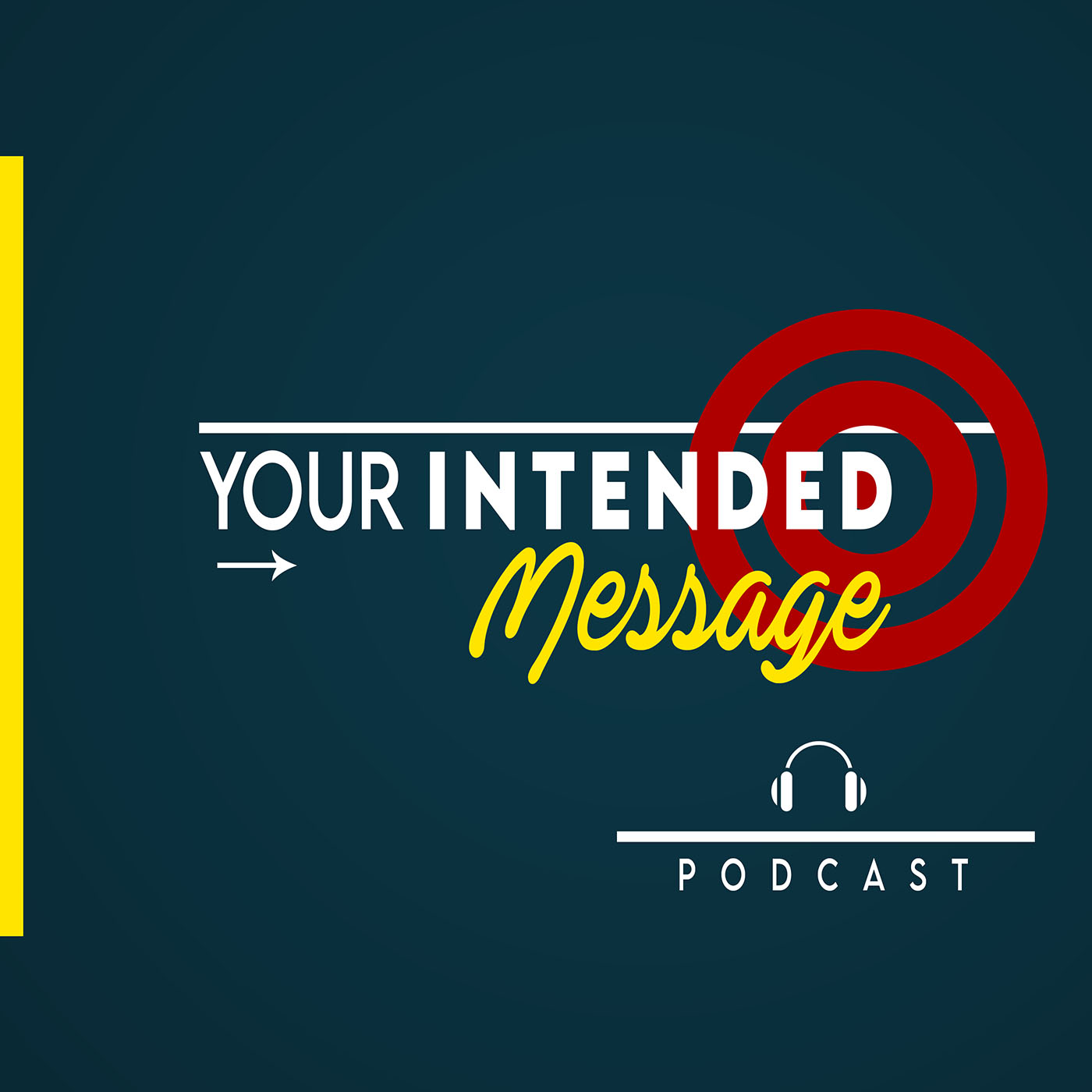
Andrew Churchill demonstrates the value and power of voice when presenting your message.
Episode 99 (Andrew is based in Montreal)
In this conversation with Andrew Churchill we discuss:
Andrew Churchill specializes in helping entrepreneurs, academics and technical experts deliver their messages in a clear way.
He teaches engineers at McGill University how to connect with their audiences.
You can find Andrew on Linkedin at Andrew H Churchill
-----
Excerpts from this conversation with Andrew Churchill
-----
So if you have any three or four year olds kicking around in your life, go to the library of children's stories that they would enjoy hearing and read them.
Read them one of those stories and then with your phone, record yourself.
And what you'll hear is you actually have an enormously rich, dynamic storytelling voice.
And what happens when most people do academic presentations is they may eliminate 90% of their voice. And, and what we need to do is give you permission to use the whole thing.
And one way to recognize that is, is actually it's I'm not really just trying to be funny, when I say children's stories.
I actually do this exercise with academics and in classrooms at McGill University.
I actually bring children's books into McGill University classrooms, and have students close their eyes. And listen to someone read a children's story, right after having listened to the person read an academic abstract of a journal article.
And I tend to not have to say much more, I just do that, and simply say, Okay, who would you rather listen to, and they get the point.
-----
What you always want to think about doing as a presenter is getting the audience to lean in.
And if I'm too loud, so if I come too loud and too hard at you, you're actually going to lean backwards, I'm actually pushing you away.
And what I want to do is I want to pull you in, people don't realize so sometimes your most important message should be done quietly.
Because people will lean in and listen. Because people think it's a secret.
They think it's important. When we talk about things that are most important. We actually tend to talk quieter, not louder. T
hat's where if as a speaker, you can let yourself feel this is a problem with memorization, people memorize and then they stop feeling because they're just reading the script.
And then they're in that professional voice because they want to sound professional and they're reading a script in their head. Even if it's memorized your your brain is still reading it. It's reading your memory, versus delivering it and allowing yourself to feel.
And that's the danger of memorization is we as we no longer feel it's why a podcast conversation sounds like conversation, but a presentation often sounds like someone talking at us instead of with us.
-----
-----
21:11
And Andrew, there's there's an interesting point I thought you raised there. And that's that, even though the audience might not be looking, observing our body language, we are aware of our body language, and how we receive the messages from our body shows up in our voice.
-----
----more----
In these interviews we will explore presentation skills, public speaking, conversation, persuasion, negotiation, sales conversations, marketing, team meetings, social media, branding, self talk and more.
Your host is George Torok
George is a specialist in communication skills. Especially presentation. He’s fascinated by the links between communication and influencing behaviours. He delivers training and coaching programs to help leaders and promising professionals deliver the intended message for greater success.
Connect with George
www.SpeechCoachforExecutives.com
https://www.linkedin.com/in/georgetorokpresentations/
https://www.youtube.com/user/presentationskills
https://www.instagram.com/georgetorok/

 Build Trust Fast: Lessons from a War Zone Spy: JJ Brun
Communication Techniques from a Retired Spy
Why Deception Fails: The Rule for Ra
Build Trust Fast: Lessons from a War Zone Spy: JJ Brun
Communication Techniques from a Retired Spy
Why Deception Fails: The Rule for Ra
 Storytelling for Business Leaders: Graham Brown
The Three-Box Storytelling Framework
The Hidden Psychology Behind Stories that C
Storytelling for Business Leaders: Graham Brown
The Three-Box Storytelling Framework
The Hidden Psychology Behind Stories that C
 Servant Leadership in Business: Jim Hardwick
When You Serve First, Business Follows
How a Servant’s Heart Builds Trust, Teams
Servant Leadership in Business: Jim Hardwick
When You Serve First, Business Follows
How a Servant’s Heart Builds Trust, Teams
 12 Communication Lessons from David Copperfield
How David Copperfield Creates Belief
What a Master Illustionist Taught Me about
12 Communication Lessons from David Copperfield
How David Copperfield Creates Belief
What a Master Illustionist Taught Me about